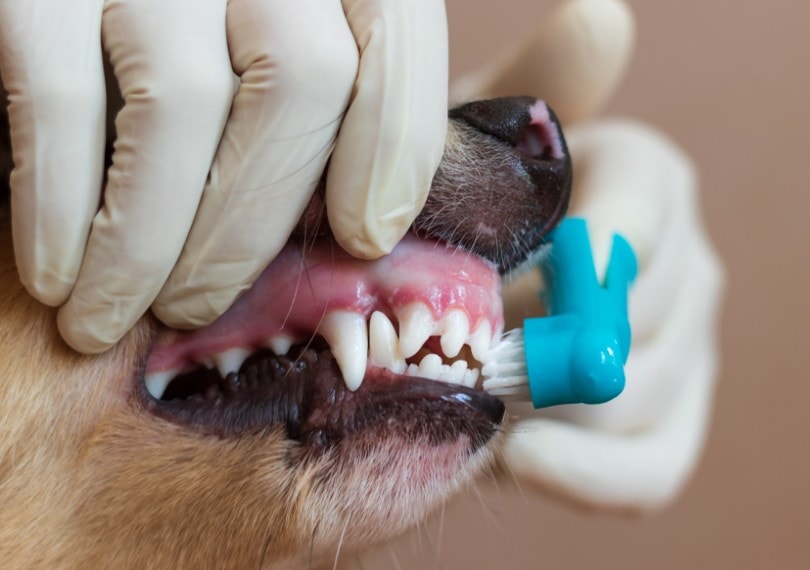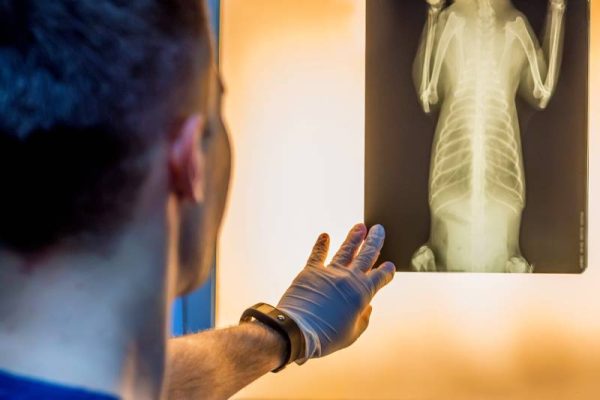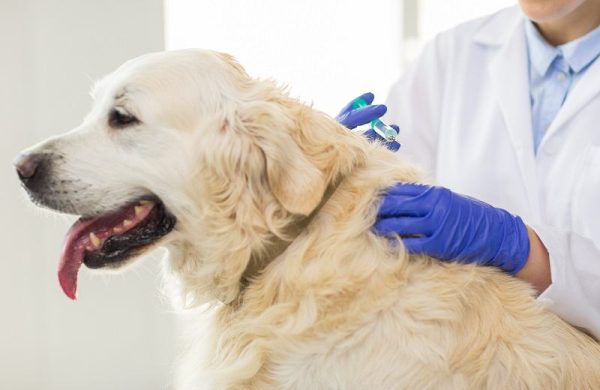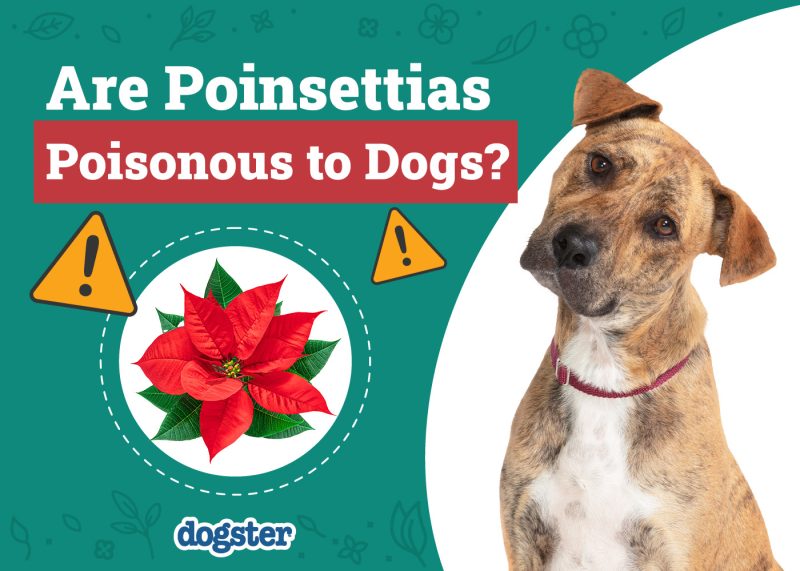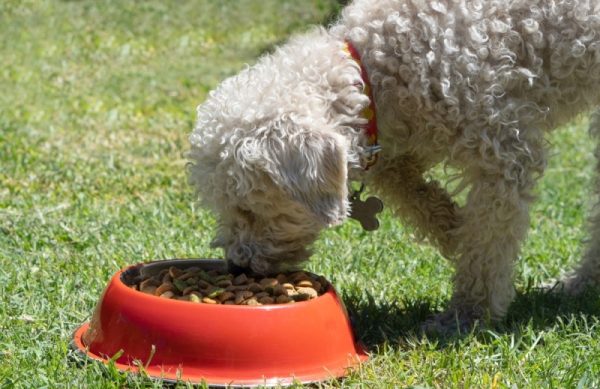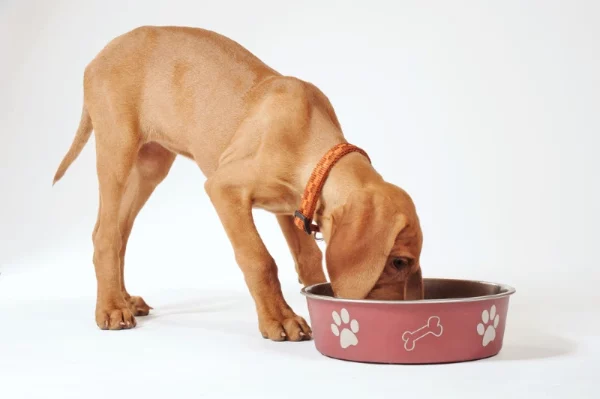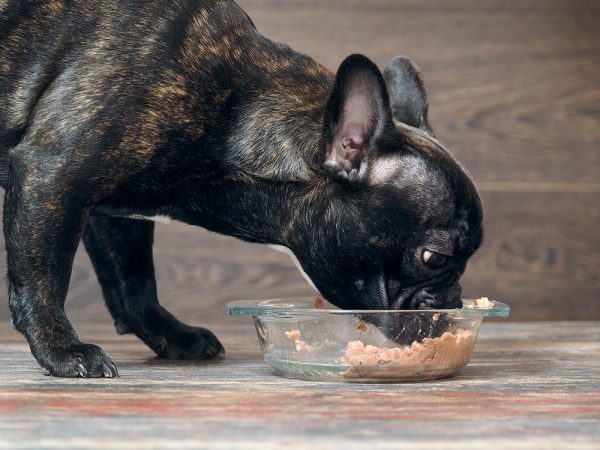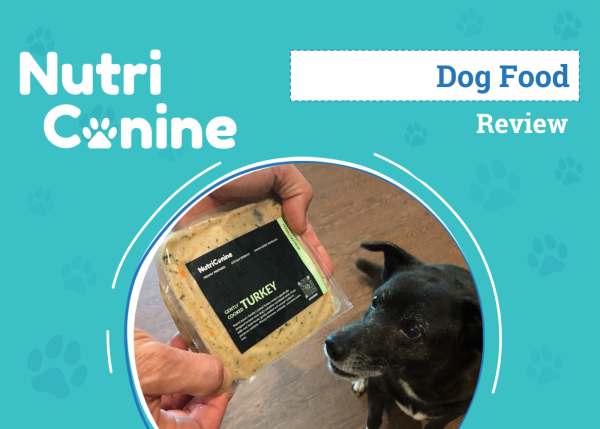In this article
A dog’s dental health plays a huge factor in its overall well-being. Just like humans, dogs need a clean bill of dental health, but sometimes, dental health in dogs falls through the cracks, leaving you with costly professional services.
If you let your dog’s teeth go without any professional cleanings or brushings at home, some teeth may need to be removed. In this article, we will explore how much you can expect to pay for a typical dog teeth removal procedure. Costs vary depending on the stage of dental health, how many teeth need to be extracted, and so on, so let’s dive in.

The Importance of Dog Dental Health
Yearly check-ups for your dog are vital in keeping them healthy. When you take your dog to the vet, your veterinarian will check your dog’s teeth. If you have established a teeth-brushing routine, your dog’s teeth may be in good shape. If your dog is a chewer, their teeth may be in good shape from chewing, too.
Let’s face it: most dogs don’t care for teeth brushing, but just like humans, plaque and tartar can develop if they’re not brushed, eventually leading to dental problems and the need for teeth removal.
Over 80% of dogs, usually over the age of 3, have some form of dental disease. Dental disease is pretty common in dogs, but there are ways to keep your dog’s teeth healthy, such as brushing and getting professional cleanings when needed. If neglect their dental care, your pup could develop periodontal disease. This disease can lead to heart, kidney, and liver disease due to the bacteria your dog will constantly swallow, not to mention that it’s painful for your doggie.
Did you know that you can speak with a real vet online about your dog’s dental health?
How Much Does Professional Teeth Removal Cost?
The cost of teeth removal will vary, and many variables determine just how much will eat into your wallet. A simple extraction can cost $35 to $75 for each tooth, but the complexity of the procedure can drive up the cost. Some vets charge a flat fee no matter how many teeth are removed. For example, your vet may charge a flat fee of $100 for three or more extractions, or it could range from $500 to $800.
On average, an impacted tooth removal could run $800 to $4,000. Here are some other factors that fluctuate cost:
- Simple extraction: $35–$75 per tooth
- Elevated extractions: $100+ per tooth
- Multiple root split with drill: $192–$200 per tooth
- Root canal: $1,000–$3,000
Breakdown of Costs by U.S. Region
- West Coast: A pet dental clinic in San Diego charges $35 per tooth for simple extractions.
- East Coast: A veterinary clinic in Virginia charges $1,150 for teeth removals, which includes full dental X-rays.
- Central U.S.: A veterinary clinic in Texas charges $75 to $200 for a simple extraction per tooth.
- Pacific Northwest: A clinic in Seattle charges $60 to $192 for a tooth extraction.
It’s safe to say that teeth removal can cost anywhere from $35 to $3,000, depending on your location and the type of removal.
- See Also: 5 Most Popular Dog Breeds in Texas
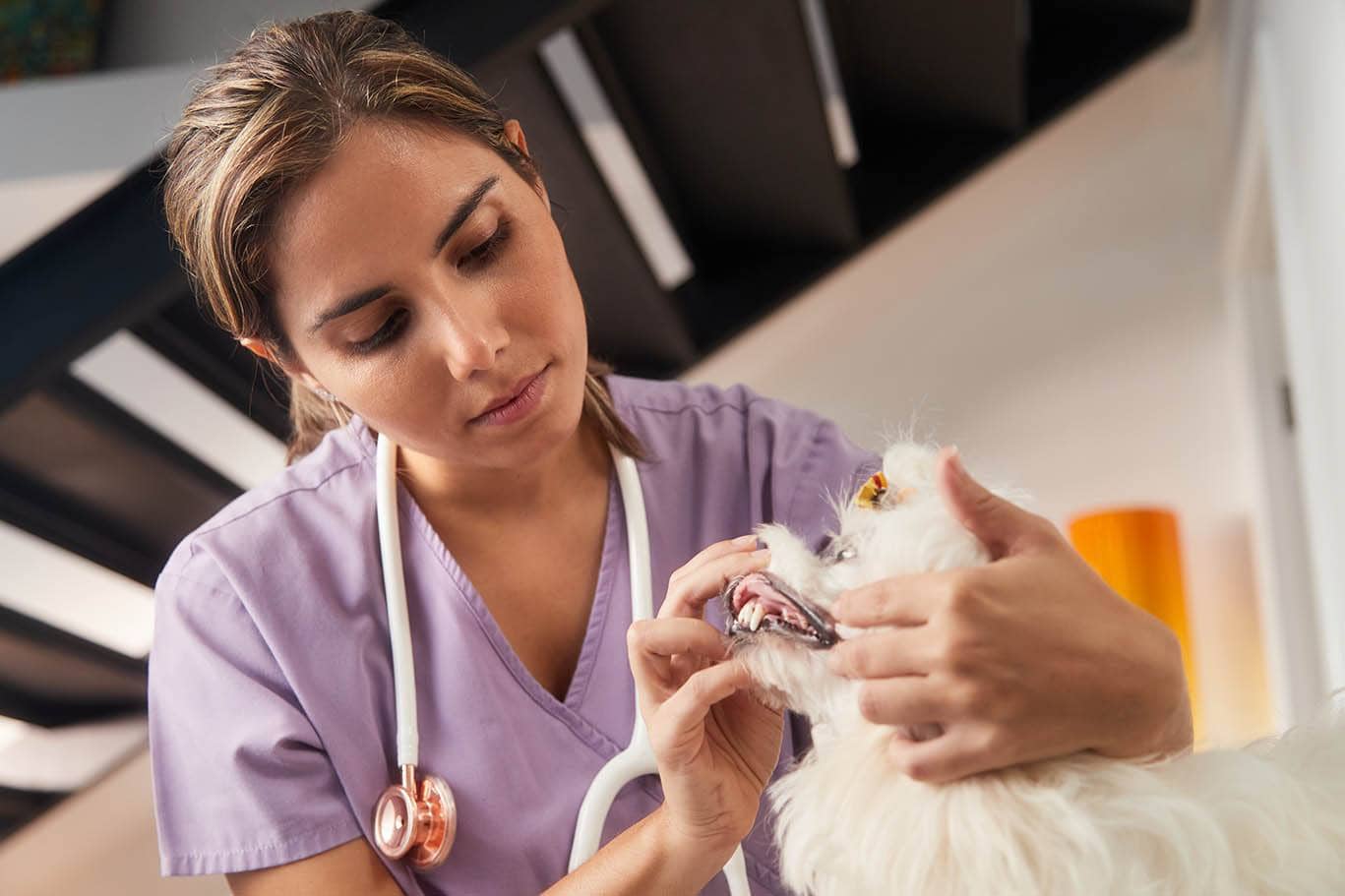
Additional Costs to Anticipate
Of course, if your dog needs any teeth removed, other factors come into play that affect the cost even more. Usually, your vet will give you an estimate of the services that will include:
- Anesthesia: $190–$250
- Dental X-rays: $75–$120
- Post-Op Pain Medication: $35–$50 (some vets will include this in the overall price)
- Pre-Surgical Panel/CBC: $75–$150
- IV Catheter: $75–$100
- Dental Cleaning: $190–$300 (while in surgery)
As you can see, many factors influence the total cost. Your veterinarian should always give you an estimate of the charges before performing the procedure. The charges are broken down to each additional test or other aspects of the surgery. Sometimes, a vet will not charge for pain medication or other fees, such as a biohazard waste fee or anesthesia monitoring.
However, remember that these are estimates, and the vet may not be fully aware of the condition of the tooth or teeth beforehand.
How Often Should I Have My Dog’s Teeth Cleaned to Keep Extractions At Bay?
It’s best to take your dog for a yearly examination to ensure everything is in working order. If there seems to be an issue, your vet will recommend a dental cleaning. If they do, take them up on it! We know it’s costly, but it can keep you from paying higher bills later when your dog’s teeth are in worse shape. As we’ve mentioned, your dog’s dental health is extremely important for their overall well-being, and keeping their teeth in good condition will only extend their lives.
If you get your dog into a regular dental hygiene routine, odds are you won’t face the costs of teeth removal. Try to brush your dog’s teeth at least three times a week. Ideally, you should brush twice daily, and if your dog will let you, aim for that!
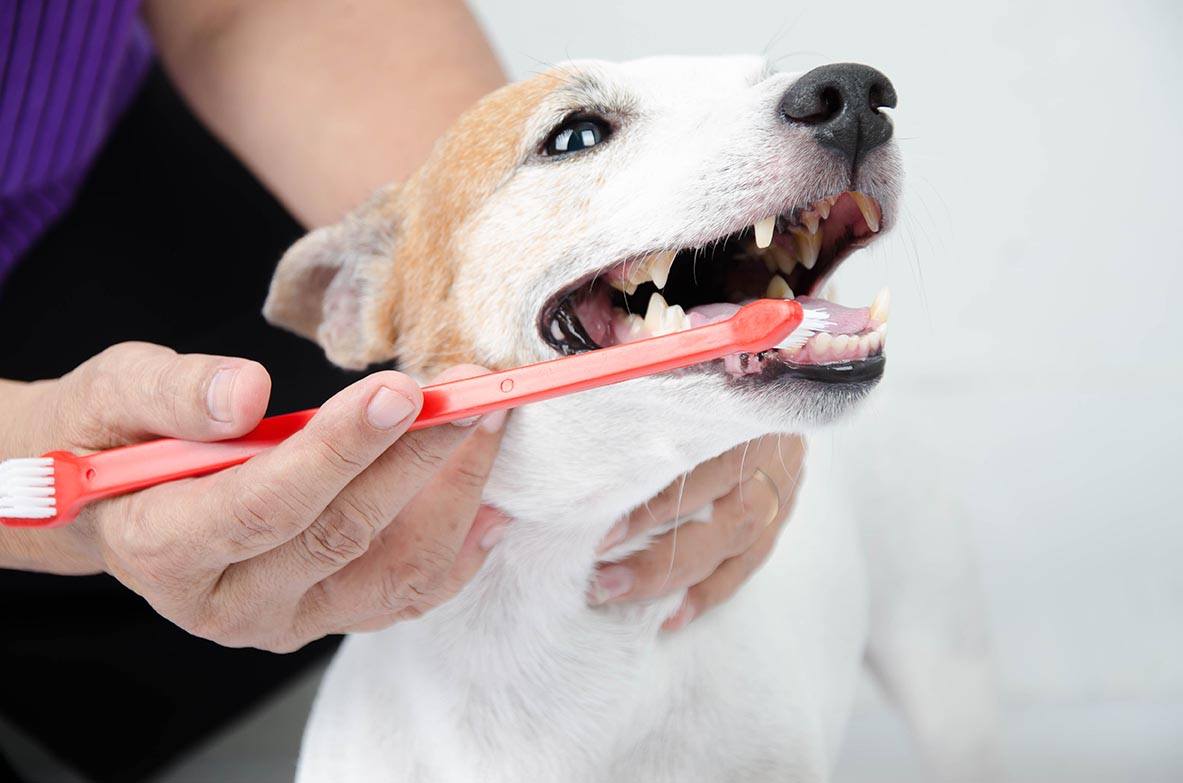
Does Pet Insurance Cover Dog Teeth Removal?
Some pet insurance covers dental procedures, and others exclude them from their plans. Pumpkin Care Pet Insurance covers the costs of extractions, so you may want to give them a look to see if they have plans to fit your budget.
Other pet insurance plans, such as Healthy Paws, cover extractions if the tooth was damaged from an injury or accident, but they do not cover any pre-existing conditions regarding dental health.
Some dog owners may not consider dental health when shopping for pet insurance, but we highly recommend including this in your search.
What to Do for Your Dog’s Teeth to Avoid Teeth Removal
Luckily, you have several options for dental hygiene for your dog that will keep their teeth healthy. Let’s take a look.
- Dental chews: Dental chews are an excellent way to keep your dog’s teeth healthy, especially between brushings. Many companies make them, and dogs love them.
- Finger brushing: Finger brushes use soft bristles to get into the hard-to-reach areas of your dog’s mouth. They massage the gums and make the experience a little more tolerable.
- Enzymatic toothpaste: Using an enzymatic toothpaste is your best option for removing plaque and tartar before it becomes a problem. Once plaque and tartar build up on the teeth, the only way to remove them is by a professional dental cleaning.
- Dental additives: Dental additives are liquids you can add to your dog’s water. They combat odor-causing bacteria and keep plaque and tartar down to a minimum. Be sure to monitor your dog while using an additive to ensure it doesn’t cause tummy upset.

If you need to speak with a vet but can’t get to one, head over to PangoVet. It’s our online service where you can talk to a vet online and get the personalized advice you need for your pet — all at an affordable price!
Conclusion
Brushing your dog’s teeth can be a pain, but if you get your dog into a routine, especially at a young age, they’ll get used to it. Your dog won’t realize it, but you will be doing both of you a favor by practicing good dental hygiene; it benefits your dog’s overall health and your pocketbook.
Try to avoid giving your dog hard treats that may injure a tooth, such as hard bones or deer antlers. If you maintain your pup’s dental health, you may not need to ever pay for an extraction.
- See Also: How Much Does a Vet Visit Cost?
Featured Image Credit: DWhiteeye, Shutterstock
